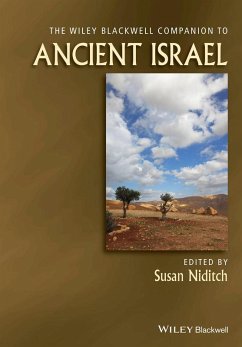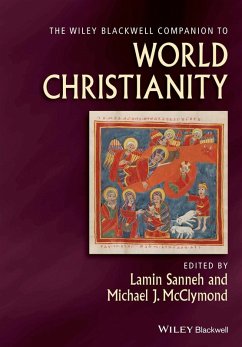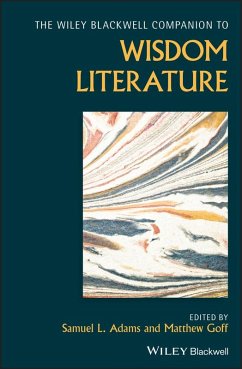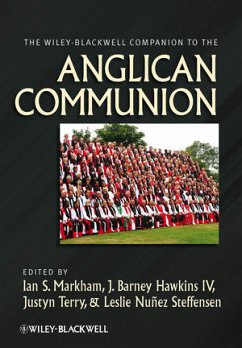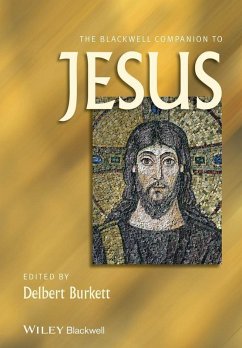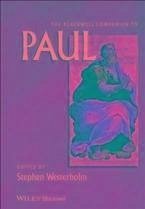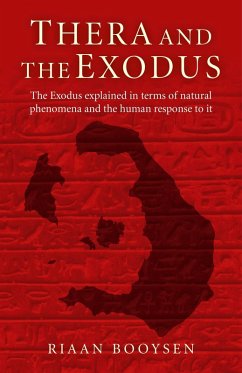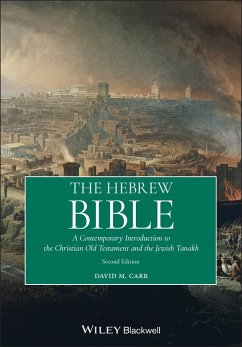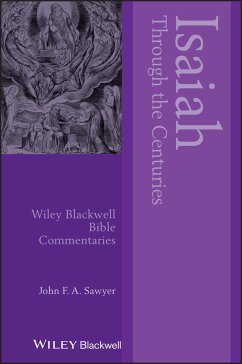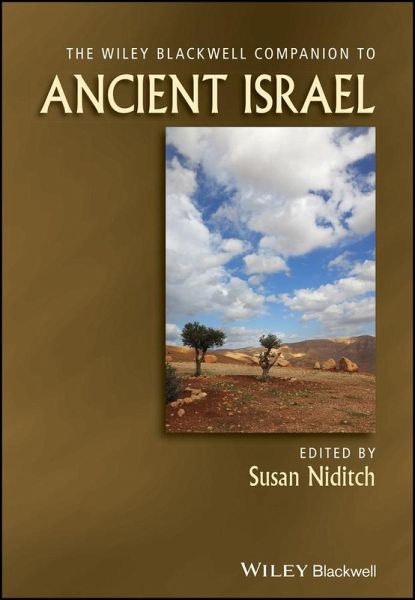
The Wiley Blackwell Companion to Ancient Israel (eBook, ePUB)
Versandkostenfrei!
Sofort per Download lieferbar
51,99 €
inkl. MwSt.
Weitere Ausgaben:

PAYBACK Punkte
0 °P sammeln!
The Companion to Ancient Israel offers an innovative overview of ancient Israelite culture and history, richly informed by a variety of approaches and fields. Distinguished scholars provide original contributions that explore the tradition in all its complexity, multiplicity and diversity. * A methodologically sophisticated overview of ancient Israelite culture that provides insights into political and social history, culture, and methodology * Explores what we can say about the cultures and history of the people of Israel and Judah, but also investigates how we know what we know * Presents fr...
The Companion to Ancient Israel offers an innovative overview of ancient Israelite culture and history, richly informed by a variety of approaches and fields. Distinguished scholars provide original contributions that explore the tradition in all its complexity, multiplicity and diversity. * A methodologically sophisticated overview of ancient Israelite culture that provides insights into political and social history, culture, and methodology * Explores what we can say about the cultures and history of the people of Israel and Judah, but also investigates how we know what we know * Presents fresh insights, richly informed by a variety of approaches and fields * Delves into 'religion as lived,' an approach that asks about the everyday lives of ordinary people and the material cultures that they construct and experience * Each essay is an original contribution to the subject
Dieser Download kann aus rechtlichen Gründen nur mit Rechnungsadresse in D ausgeliefert werden.




